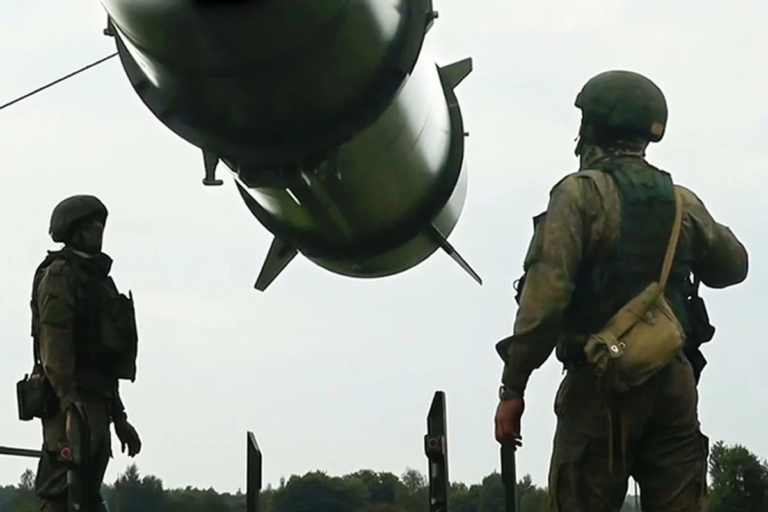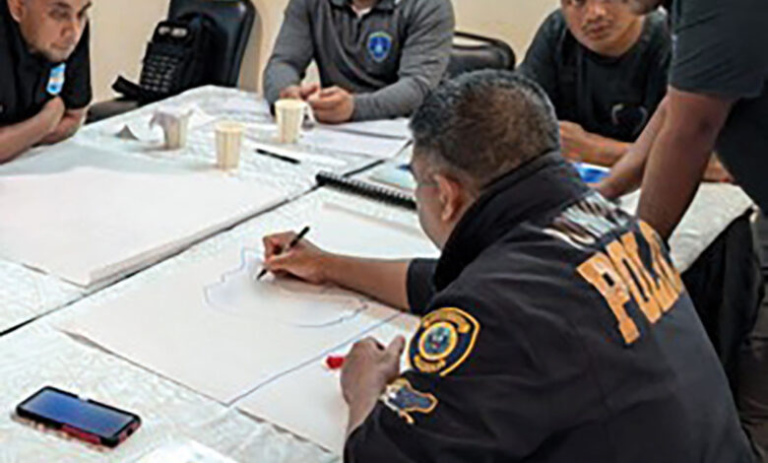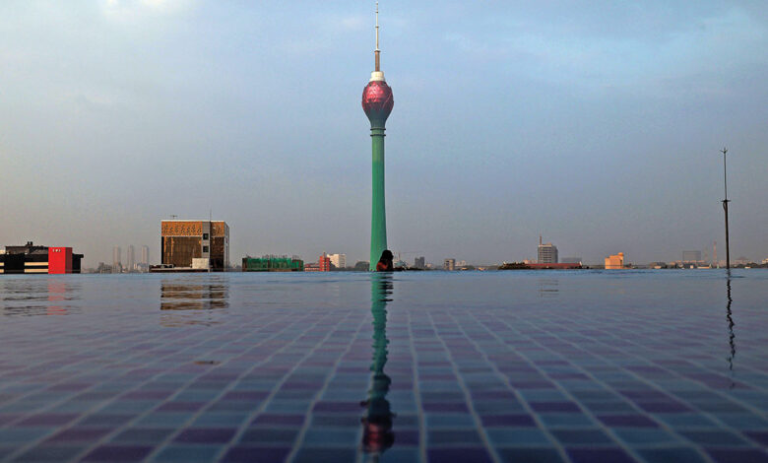
Indonesia and the United States are deepening their defense cooperation through an expanding array of joint military exercises and strategic initiatives, reinforcing their commitment to Indo-Pacific security.
Engagements and initiatives such as Super Garuda Shield, Cooperation Afloat Readiness and Training, Rim of the Pacific, and Pacific Partnership have significantly enhanced interoperability between the Indonesian National Armed Forces (TNI) and the U.S. military.
According to the U.S. State Department, the nations’ long-standing security relationship has evolved to encompass counterterrorism, maritime security, peacekeeping operations, and humanitarian assistance and disaster relief (HADR). The expansion reflects growing alignment between Jakarta and Washington.
Super Garuda Shield, a flagship exercise in bilateral defense cooperation, has grown into a major multinational event. The 2024 iteration in Indonesia involved 4,500 personnel, including from Australia, Canada, Indonesia, Japan, the United Kingdom and the U.S. The scale of such exercises is critical for improving joint operational readiness, experts say.
Increasing cooperation between the TNI and U.S. military “has made the relationship between the two countries stronger and more solid in recent years,” Beni Sukadis, an analyst at the Indonesian Institute of Defense and Strategic Studies, told FORUM.
From a strategic perspective, the exercises enhance the TNI’s ability to coordinate complex operations. “Routine joint training between the two countries further increases the capacity of TNI Soldiers in tactical and operational aspects in the field,” Sukadis said. “Especially how to coordinate, command and control between units or between forces.”
Pudji Astuti, an analyst at Indonesia’s Defense Ministry, highlighted the importance of incorporating emerging threats and technologies into military collaboration. In the cyber and space domains, for example, artificial intelligence, drones “and the possibility of laser weapons as defense equipment cannot be avoided,” Astuti told FORUM.
Beyond bolstering military preparedness, exercises such as Super Garuda Shield align with Indonesia’s broader defense and diplomatic goals. Under its “free and active” foreign policy, Jakarta seeks to balance its partnerships while maintaining strategic autonomy. Participation in multilateral drills underscores Indonesia’s principle of cooperation amid geopolitical tensions, Sukadis said.
Indonesia-U.S. defense cooperation continues to prioritize key regional challenges. Maritime security remains at the forefront, given Indonesia’s vast archipelagic geography and increasing strategic competition in the South China Sea. Additionally, HADR and counterterrorism are critical areas of collaboration.
Sukadis said enhancing the TNI’s capabilities through training and procurement of advanced equipment — such as radars, drones and fast boats — is central to the nation’s defense agenda.
Astuti emphasized the importance of bolstering Indonesia’s maritime and aerial defense capabilities. “We still need a Coast Guard, instead of 13 agencies that take care of marine security to help the Navy,” she said.
Although financial constraints pose a challenge, Astuti said strategic partnerships, such as with the U.S., enable Indonesia to boost defense capabilities without drastically increasing expenditures.





